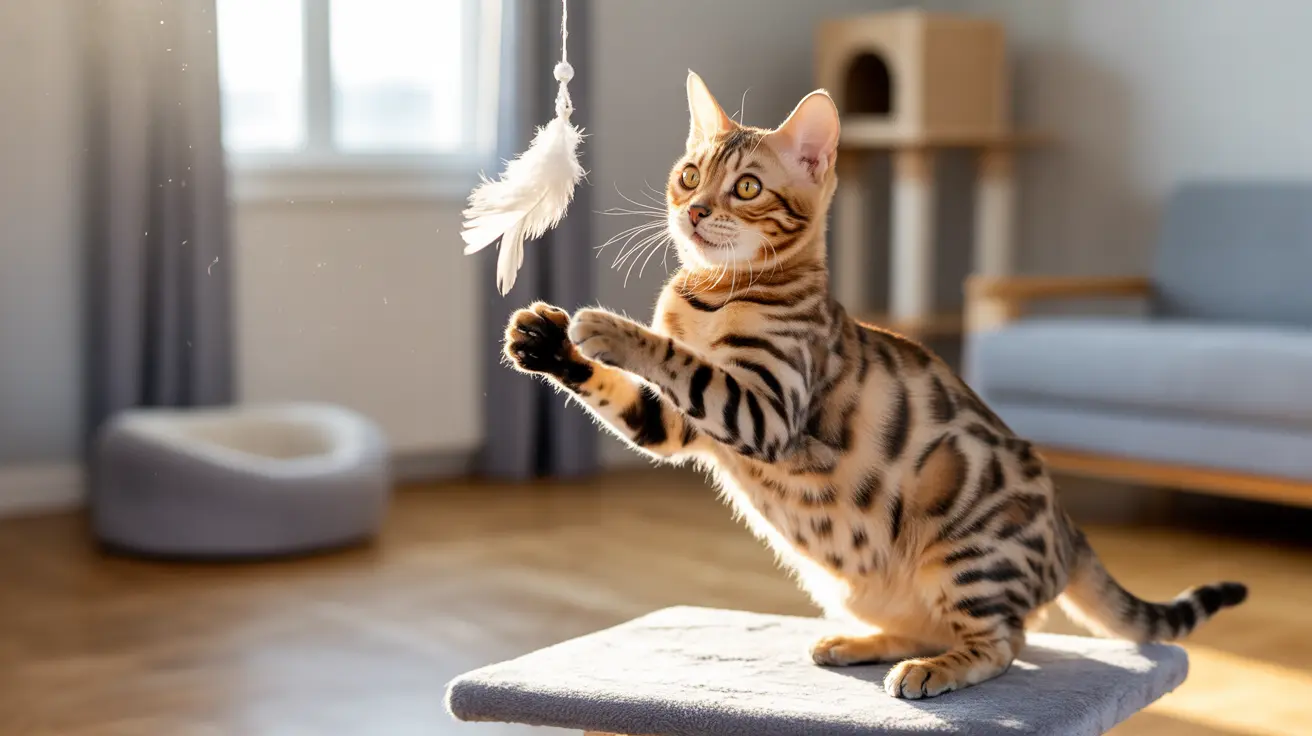Legal Status in Pennsylvania
Pennsylvania stands out as one of the most Savannah cat-friendly states in America. The Pennsylvania Game Commission classifies Savannah cats as domestic pets rather than exotic animals, regardless of their generation. This means you can legally own any generation of Savannah cat, from F1 to F6 and beyond, without obtaining special permits or facing breeding restrictions.
This open policy contrasts sharply with neighboring states like Delaware, which requires permits, and Maryland, which imposes weight restrictions on hybrid cats.
Understanding Savannah Cat Classifications
Savannah cats are hybrid breeds resulting from crossing African servals with domestic cats. The generation number (F1, F2, etc.) indicates how far removed the cat is from its wild serval ancestor:
- F1: First generation (50% serval)
- F2: Second generation (25% serval)
- F3: Third generation (12.5% serval)
- F4 and beyond: Lower percentages of serval genetics
While some states restrict ownership based on these generations, Pennsylvania allows all of them.
Local Regulations and Considerations
Although Savannah cats are legal at the state level, it's essential to consider other factors:
- Check local municipal codes for any specific restrictions
- Verify apartment or rental property policies
- Confirm homeowners insurance coverage
- Research veterinarians familiar with hybrid cats
- Review HOA regulations if applicable
Responsible Ownership Guidelines
Legal ownership in Pennsylvania comes with responsibilities:
- Provide adequate space for these active, athletic cats
- Ensure proper veterinary care from exotic-savvy professionals
- Maintain appropriate containment systems
- Consider the breed's high energy and intelligence levels
- Budget for specialized care and dietary needs
Frequently Asked Questions
Are Savannah cats legal to own in Pennsylvania without any permits?
Yes, Savannah cats of all generations are completely legal in Pennsylvania without any special permits or licenses required.
Does Pennsylvania allow all generations of Savannah cats, including F1 and F2?
Yes, Pennsylvania allows all generations of Savannah cats, from F1 through F6 and beyond, with no restrictions based on generation.
How does Pennsylvania's law on Savannah cats compare to other states with restrictions?
Pennsylvania is more permissive than most states. While some states ban certain generations or require permits, Pennsylvania has no restrictions on Savannah cat ownership.
Do I need to check city or county ordinances before getting a Savannah cat in Pennsylvania?
Yes, while state law allows Savannah cats, it's important to verify local municipal codes and HOA regulations, as these may have additional restrictions.
What should I know about owning and caring for a Savannah cat in Pennsylvania?
Savannah cats require significant space, exercise, and mental stimulation. They need experienced owners who can provide proper care, adequate veterinary support, and understand their unique behavioral needs.
Conclusion
Pennsylvania's welcoming stance on Savannah cats makes it an ideal state for owners of these unique felines. While the legal framework is straightforward, successful ownership requires careful consideration of the breed's needs and proper preparation for their care.
Before bringing home a Savannah cat, ensure you're ready for the commitment these extraordinary pets require, both in terms of care and resources. With proper preparation and understanding, you can enjoy the rewarding experience of owning one of these magnificent hybrid cats in Pennsylvania.






